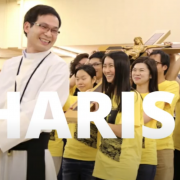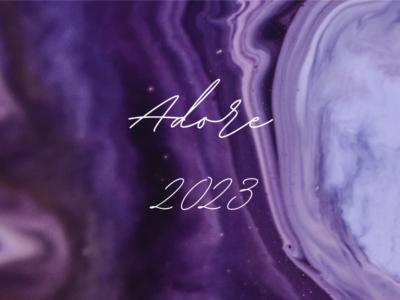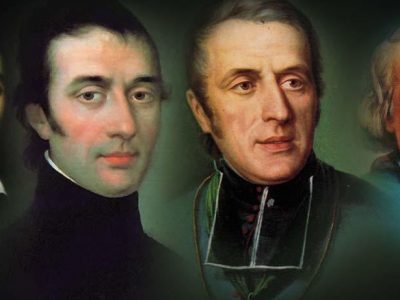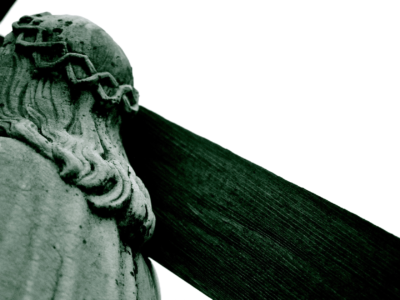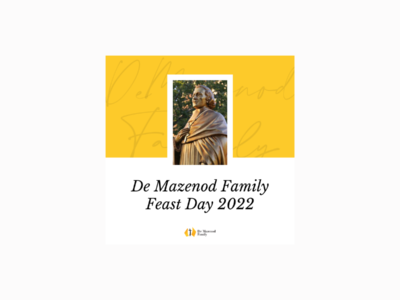By Nimmi Candappa
Embodying the charism of St Eugene: “We announce the liberating presence of Jesus Christ and the new world born in his resurrection” – Constitution 4 of the OMI constitutions
Well done to us. We have managed to commemorate as a community one of the most significant phases of our faith, despite the trials of celebrating the Easter Triduum a la Covid-style. We have negotiated Mass bookings and restrictions to attendance numbers, and curbed a burgeoning urge to go out and celebrate our deepening sense of freedom from the virus. All in order to honour the period of Lent with its journey inward, and experience the joy of Easter with its focus outward.
For us in the De Mazenod Family, this period of Easter presents one further significance. It was on Good Friday that St Eugene experienced his moment of ardent conversion under the crucifixion, about which he wrote “Can I forget the bitter tears that the sight of the cross brought streaming from my eyes one Good Friday?”. St Eugene does not give us an example of a guilt-ridden heart, but a heart that experienced the love of God so intensely, that it naturally experienced a deep sorrow and regret for hurt he caused Our Lord. In this we are presented with the paradox of the Cross – the experience of joy and liberation from sin, as we lay bare our own failings; the sense of sorrow on Good Friday, that leads to the uncontainable joy of Easter Sunday.
As Catholics we can be expert on Lenten practices and rituals, but our celebration of the Risen Jesus is often short-lived, many of us frequently returning to our daily routines at the close of the Easter Monday holiday. Yet as I was reminded in a sermon recently, the Easter season lasts 50 days so that we can celebrate more fully this fundamental aspect of our faith. We believe in a God that overrides death! This is something to celebrate. A new world is indeed open to us through the resurrection of Jesus – a world in which hope places sorrow within its rightful context; a world of freedom, openness and generosity for we know we are loved unconditionally; a world of renewal and peace, affirmed in a God Who knows us completely and seeks our company for eternity.
Many will skip with joy if they win money. We might find our hearts abound with joy and anticipation if we spend time reflecting on the Resurrection, a far greater bonanza than any money. What do we think about the Resurrection? How deeply do we believe in this? What do we need individually for us to believe in this reality more easily? Over this Easter period, we might consider ways of instilling moments of joy into our daily routine, giving our hearts a taste of the joy to come; encouraging our hearts to accept that which might challenge our minds: a firm belief in a fuller life after this life, lived in the presence of God.

